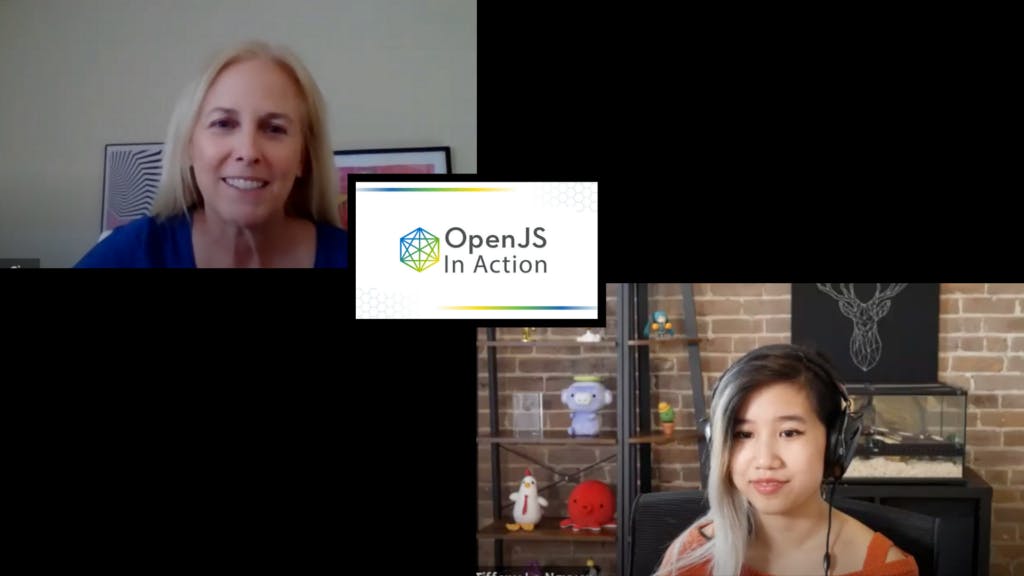Expedia Group: Building better testing pipelines with opensource.
The OpenJS In Action series features companies that use OpenJS Foundation projects to help develop efficient, effective web technologies.

Expedia Group: Building better testing pipelines with opensource.
The OpenJS In Action series features companies that use OpenJS Foundation projects to help develop efficient, effective web technologies.
Software developers at global travel company Expedia Group are using JavaScript, ESLint and robust testing pipelines to reduce inconsistency and duplication in their code. Switching from Java and JSP to Node.js has streamlined development and design systems. Beyond that, Expedia developers are looking into creating a library of reusable design and data components for use across their many brands and pages.
Expedia is an example of how adoption of new technologies and techniques can improve customer and developer experiences.
A video featuring Expedia is available here: https://youtu.be/FDF6SgtEvYY
Robin Ginn, executive director of the OpenJS Foundation, interviewed Tiffany Le-Nguyen, Software Development Engineer at Expedia Group. Le-Nguyen explained how accessibility and performance concerns led developers to modernize Expedia’s infrastructure. One of the choices they made was to integrate ESLint into their testing pipeline to catch bugs and format input before content was pushed live. ESLint also proved to be a huge time-saver — it enforced development standards and warned developers when incorrect practices were being used.
ESLint was especially useful for guiding new developers through JavaScript, Node.js and TypeScript. Expedia made the bold move to switch most of their applications from Java and JSP to Node.js and TypeScript. Le-Nguyen is now able to catch most errors and quickly push out new features by combining Node.js with Express and a robust testing pipeline.
However, Expedia is used globally to book properties and dates for trips. Users reserve properties with different currencies across different time zones. This makes it difficult to track when a property was reserved and whether the correct amount was paid. Luckily, Expedia was able to utilize Globalize, an OpenJS project that provides number formatting and parsing, date and time formatting and currency formatting for languages across the world. Le-Nguyen was able to simplify currency tracking across continents by integrating Globalize into the project.
To end the talk, Le-Nguyen suggested that web developers should take another look into UI testing. Modern testing tools have simplified the previously clunky process. Proper implementation of a good testing pipeline improves the developer experience and leads to a better end product for the user.